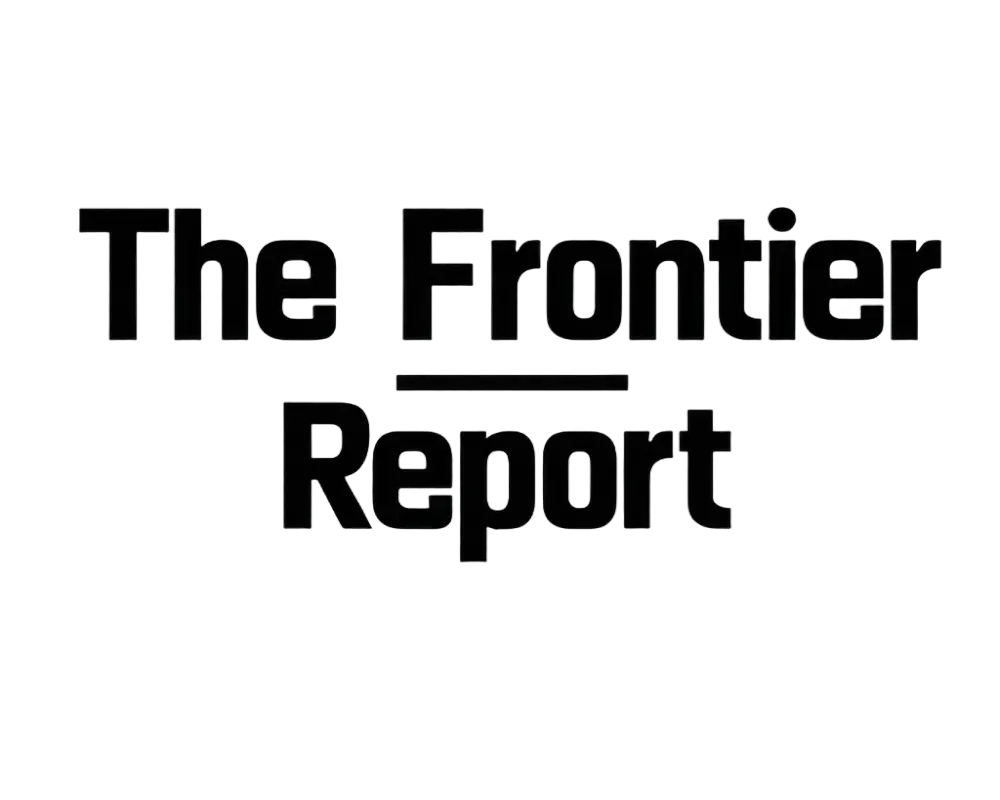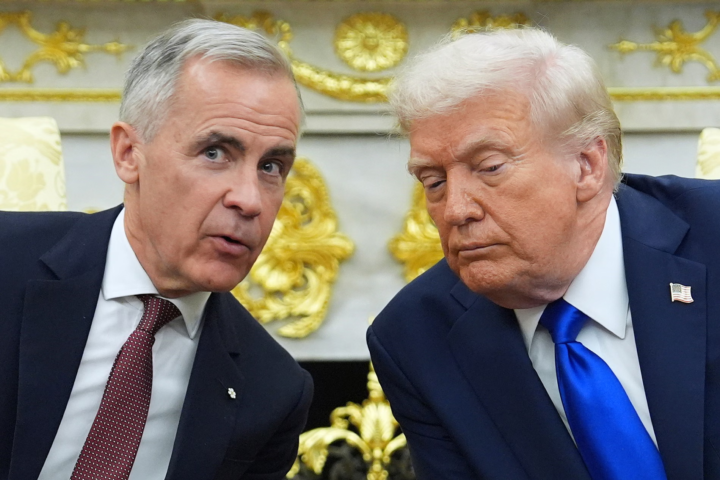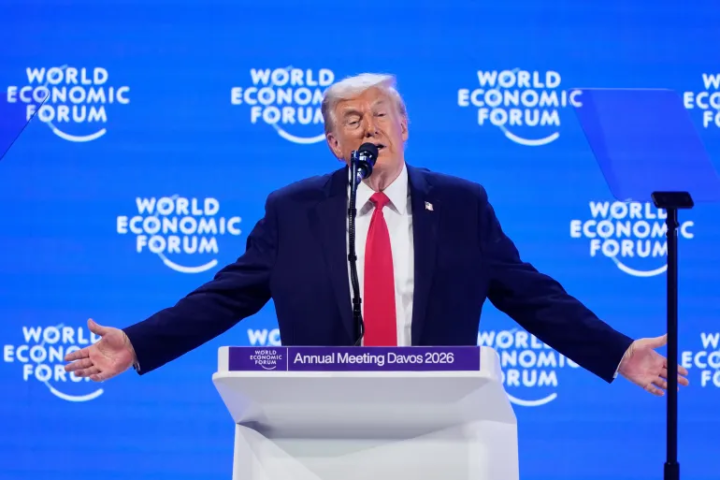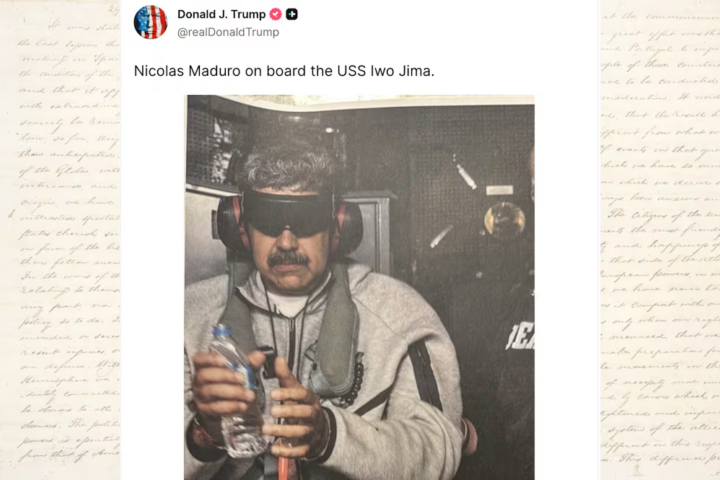Japan’s campaign for the upper house election has been shaken by claims of Russian interference against nascent populist party Sanseito (“Japanese First”), highlighting loopholes in Japan’s electoral system and raising fears of foreign propaganda campaigns in democratic elections. The scandal is focused on an interview with Russian state media by a candidate and has featured government alerts over foreign interference in Japanese elections.
The Incendiary Incident
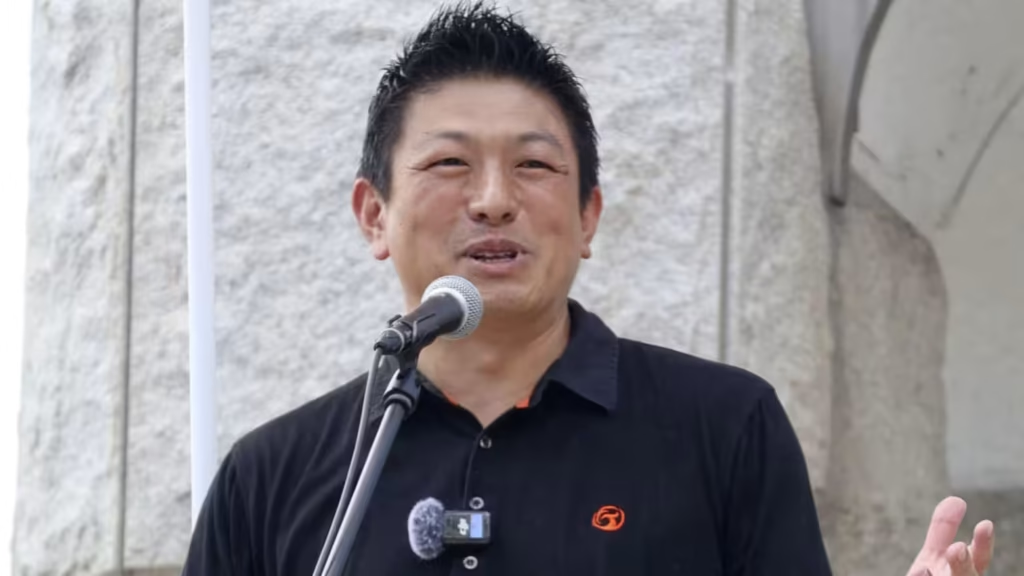
The furor began when Saya Takizawa (mononymous, Saya), a new Sanseito candidate in Tokyo, gave an interview to the Russian state media news channel Sputnik. The video interview was widely hyped on Sputnik’s Japanese-language social media channels, openly circulating on online networks and sparking speculations regarding Kremlin backing of the far-right political party. That it occurred just days ahead of Japan’s July 20 upper house poll immediately raised eyebrows on possible foreign influence operations capable of influencing voters.
Sanseito’s Damage Control
Party chief Sohei Kamiya gave strong denials under a hail of criticism:
“We don’t. Not at all. Not with Russia, China or America”, and insisted Sanseito has “balanced diplomacy with any country”.
Kamiya waved aside accusations of pro-Russian pact as “too simplistic;”, blaming the interview on “human error” by an unauthorized aide who had okayed Sputnik’s request without running it past headquarters. The aide was then dismissed.
These denials were made moot by Kamiya’s earlier claims that it would appear to imply the U.S. was somewhat responsible for Russia invading Ukraine: “Russia’s military invasion was of course bad, but there are forces in the US that drove Russia into doing that”. This instance of Kremlin-apologist rhetoric fueled skepticism regarding the party’s impartiality.
Government Indicts Foreign Threat
The incident triggered a record government warning. Deputy Chief Cabinet Secretary Kazuhiko Aoki testified to that Japan is being directly targeted by foreign election interference: “Japan is also becoming a target of influence operations” via social media misinformation 8. That was a reference to overseas bot research and he assured to strengthen countermeasures, repeating again that “elections must be held with voters able to make free choices based on accurate information”. Digital Minister Masaaki Taira acknowledged probes into suspected interference were ongoing, signaling official alarm at this formerly neglected danger.
Sanseito’s Meteoric Rise
The scandal puts Sanseito’s meteoric rise at risk:
Polling forecasts 10-15 upper house seats (out of 2), a step sure to deprive PM Shigeru Ishiba’s coalition of its majority.
Born on YouTube amid the COVID-19 pandemic, the party disseminated conspiracy myths surrounding vaccines and “global elites” and gained 400,000 YouTube followers—three times the LDP’s following.
Its “Japan First” platform is directed against immigration (“silent invasion”), globalism, and foreign capital, appealing to frustrated young men and growing numbers of foreign residents (now 3.8 million).
Kamiya openly admires Donald Trump’s “bold political style” and has put up charismatic candidates such as singer Saya to appeal beyond its base.
.
Policy Impact and Global Parallels
The scandal has transformed Japan’s politics:
The ruling LDP initiated a “taskforce on crimes by foreign nationals” and vowed “zero illegal foreigners”—fully appropriating Sanseito’s nativist campaign rhetoric.
Sanseito’s agenda includes tax cuts, increased child allowances, and substituting immigrant labor with AI/robotics—policies that leave investors shivering in horror of Japan’s enormous public debt.
Analysts equate the party to Europe’s far-right movements (Germany’s AfD, Reform UK) because of its online-based development, anti-immigrant scare tactics, and attracting disenchanted young men.
Implications for Democratic Security
The Sputnik scandal directs us to the vulnerability of Japan to information warfare. Sputnik, the U.S.-imposed, EU-banned “disinformation” tool of the Kremlin, is part of the series of old Kremlin machinery of influence. With Romania’s last presidential election invalidated in response to Russian meddling, Japan is now put on a strict test in defending its democratic process against foreign meddling.
As citizens cast their ballots, the scandal highlights the destabilizing potential of digital disinformation and the fragility of Japan’s political elite amidst growing populism and heightened geopolitical tensions. The outcome will determine not just Sanseito’s fate, but Japan’s ability to withstand 21st-century hybrid challenges to electoral integrity

